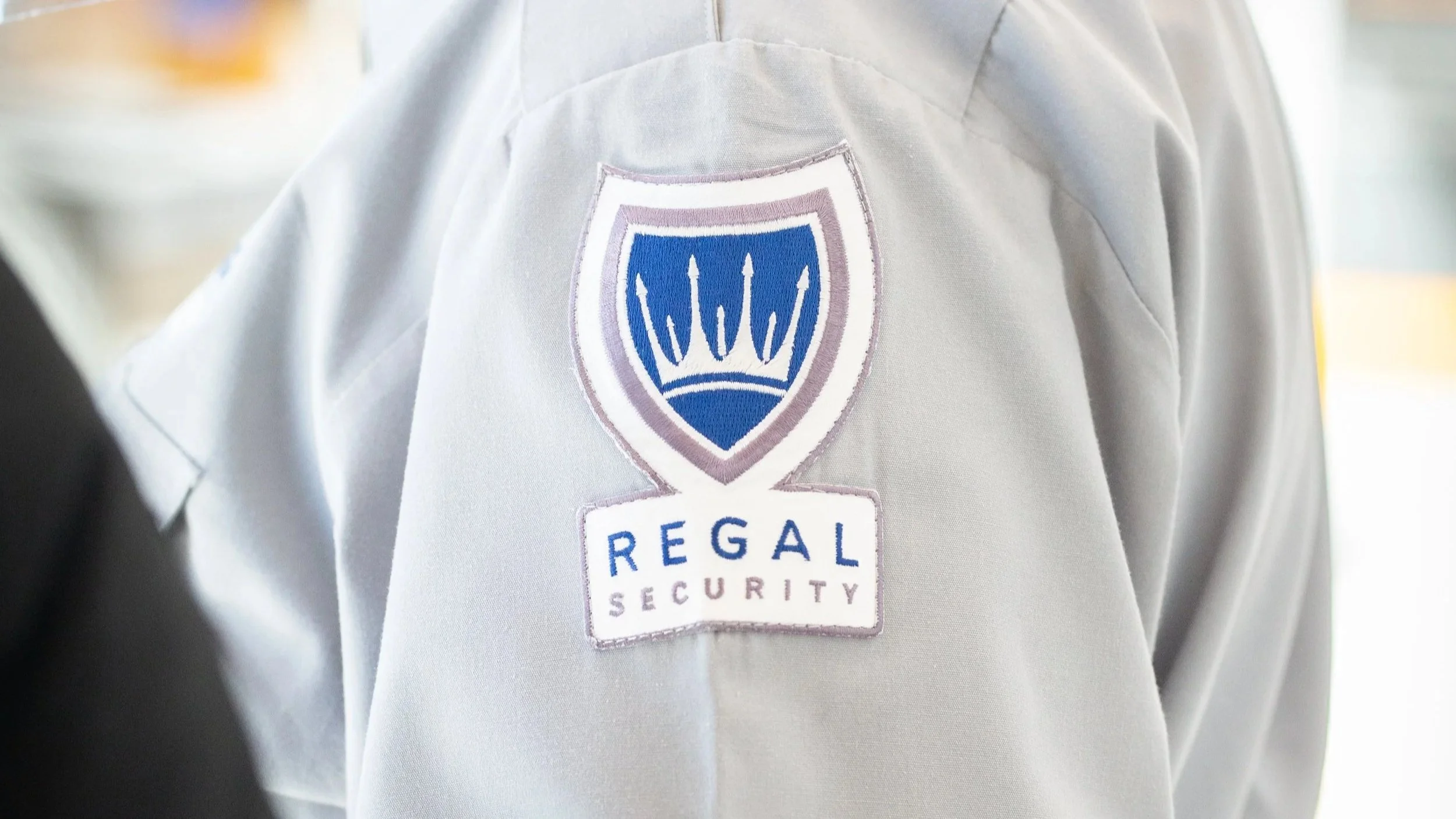Why Security Guards in Ontario Cannot Use the Title "Security Officer"
In Ontario's private security industry, the difference between calling someone a security guard and a security officer is more than just semantics. While these terms may seem interchangeable, provincial law says otherwise. Under current legislation, licensed security professionals are prohibited from referring to themselves as “officers.” But why does this restriction exist, and what impact does it have on the industry?
This blog explores the legal, professional, and operational reasons behind the restriction, helping employers, guards, and clients understand what the law requires and why it matters.
Security Guard vs Security Officer: What’s the Difference?
In most parts of the world, the term security officer is used to describe individuals working in supervisory or advanced roles in private security. In Ontario, however, all licensed personnel who perform duties such as patrols, access control, or loss prevention are officially referred to as security guards, regardless of their experience or rank.
The key differences between a guard and an officer usually involve:
Training and experience levels
Supervisory responsibilities
Legal implications tied to the term "officer"
Despite these practical distinctions, Ontario law does not recognize “security officer” as a legal title for licensed guards.
The Law Behind the Language: PSISA Section 40
The use of the term security officer is specifically prohibited under Section 40 of the Private Security and Investigative Services Act, 2005 (PSISA). This law governs all private security services in Ontario and outlines strict rules for titles, uniforms, and public communication.
Here’s what Section 40 says:
“No private investigator, security guard or person who engages in the business of selling the services of private investigators or security guards shall use the following terms or variations of them:
Detective or Private Detective
Law enforcement
Police
Officer”
This means security guards cannot legally use the word "officer" in any context—on uniforms, business cards, ID badges, or even during verbal introductions to the public.
Why Ontario Bans the Term “Security Officer”
1. Preventing Public Confusion
Before this legislation was introduced, many security professionals used military or police-style language and uniforms that closely resembled those of public law enforcement. This blurred the lines between private security and police officers, leading to confusion about each group's legal authority. The PSISA aimed to fix that by enforcing clarity and transparency.
2. Clarifying Legal Boundaries
Security guards in Ontario do not have the same powers as police officers. Their authority is limited to that of a private citizen, including making a citizen’s arrest under Section 494 of the Criminal Code of Canada. By banning terms like “officer,” the law makes it clear that security guards do not possess special powers beyond those of other civilians.
3. Reducing Legal Liability
Using the title “officer” can expose companies and employees to risk. If a guard misrepresents their authority—even unintentionally—it could result in lawsuits or disciplinary action. Sticking to the correct title ensures that everyone understands the legal scope of the job.
How the PSISA Affects Job Titles and Uniforms
The title ban also affects job roles that previously used variations of the word “officer,” such as:
Loss Prevention Officer
Security Patrol Officer
Mobile Response Officer
These titles are now replaced by compliant alternatives, including:
Loss Prevention Guard
Asset Protection Specialist
Mobile Patrol Guard
In addition, the uniform and vehicle regulations under O. Reg. 362/07 and O. Reg. 364/07 mandate that:
“Security” or “Security Guard” must appear on the front and back of the uniform
Uniforms must not resemble those of police, including forbidden items like chevrons or forage caps
Guard name or badge number must be clearly visible
Black or navy shirts are not permitted
This ensures that security guards are easily distinguishable from law enforcement at all times.
Career Growth Without the "Officer" Title
Many security guards take on supervisory roles, especially in large facilities or multi-site contracts. While they cannot use the title "security officer," employers often assign alternate titles such as:
Site Supervisor
Team Lead
Security Coordinator
These designations recognize experience and leadership without breaching provincial law. Employers are encouraged to support this kind of progression through ongoing training, certification, and mentorship.
Why This Matters for Employers and Guards
For Security Guards
It may feel like a small detail, but misusing your job title can lead to:
Licence suspension or fines
Disciplinary action by your employer
Loss of public trust
Staying within the PSISA’s guidelines ensures that your work remains professional and legally protected.
For Employers
Employers must ensure that all branding, training, uniforms, and vehicle signage comply with the PSISA. Violations can result in:
Ministry inspections
Financial penalties
Reputational damage
Being proactive about training and terminology can protect your business while also elevating your company’s reputation in the industry.
Security Guards and Police: A Collaborative Relationship
While the PSISA clearly distinguishes between guards and police officers, the two roles often work closely together. Guards help to observe, deter, and report, while police respond to crimes and enforce laws. Both roles are critical to maintaining public safety, and both require professionalism, training, and community trust.
Final Thoughts
The restriction on using the term security officer in Ontario is not about diminishing the value of security work. It is about creating transparency, professionalism, and legal clarity across the industry.
By understanding the regulations and respecting the boundaries set by the PSISA, security guards and employers can protect themselves legally while continuing to provide essential services across the province.
Whether you're an employer, a guard, or a client, using the correct terminology is a small step that carries big implications. When it comes to safety, professionalism, and public trust — words matter.
References

